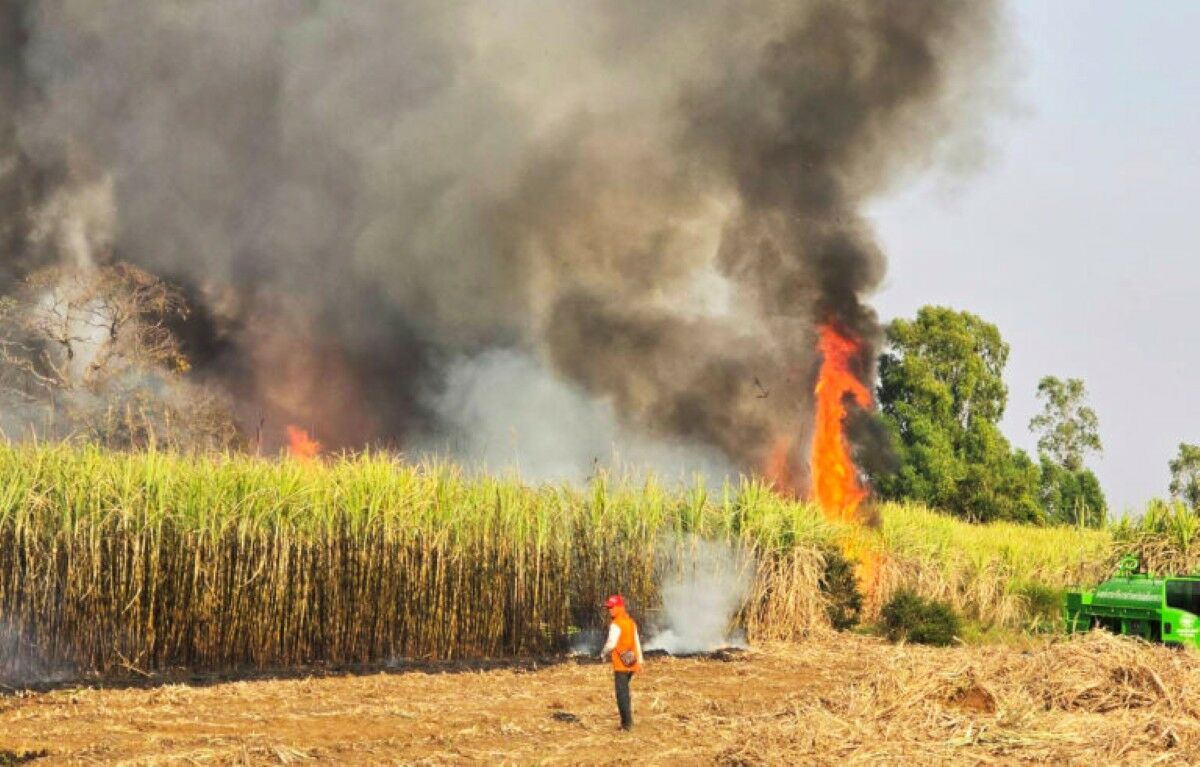Experts have their say on govt’s PM2.5 pollution efforts

The Government of Thailand is intensifying efforts to combat PM2.5 pollution due to concerns over its detrimental effects and a desire for cleaner air, a recurring issue at the start of the year.
Numerous provinces have been affected by the fine dust since January, leading to measures such as reducing bushfires and haze, offering free public transport in Bangkok, and temporarily closing schools in heavily polluted areas.
The government allocated 140 million baht for free transport in Bangkok from January 25 to 31, aiming to reduce car usage, a significant source of PM2.5. However, critics argue this spending was limited to Bangkok and that the pollution has multiple causes, advocating for long-term solutions, and emphasising the economic and health impacts of PM2.5.
Economist Praipol Koomsup from Thammasat University suggests promoting battery and hybrid electric vehicles (EVs) for commercial use to reduce emissions in urban areas. He cites China’s success in improving air quality through measures like closing coal-fired plants and controlling vehicle emissions.
The UN Environment Programme noted a 35% decrease in PM2.5 levels in Beijing from 2013 to 2017. Praipol advocates for greater use of EVs over improving oil quality to Euro 6 standards, which is time-consuming.
Thailand’s National Environment Board has set the annual PM2.5 safe limit at 15 microgrammes per cubic metre, with a 24-hour maximum of 37.5 microgrammes. On January 25, several Bangkok areas exceeded these levels, reaching up to 111 microgrammes.
The Kasikorn Research Center estimates that PM2.5 could cost Bangkok’s economy 3 billion baht in a month, considering expenses on protective measures and health issues for residents. This represents an opportunity cost as people spend less on other activities.
New strategies
The Federation of Thai Industries (FTI) supports adopting China’s strategies to tackle PM2.5. Chairman Kriengkrai Thiennukul discussed potential cooperation with Chinese officials, which will be highlighted at the 2025 FTI Expo. He notes that PM2.5 affects public health and tourism, as poor air quality deters tourists.
Kriengkrai also endorses government measures against burning sugar cane but calls for collaboration with neighbouring countries to reduce cross-border haze. In the power sector, Praipol suggests replacing coal with biomass, such as refuse-derived fuel, to cut PM2.5 emissions. The Department of Alternative Energy Development and Efficiency is studying the use of bagasse pellets as biomass fuel.
Despite the pollution, the tourism sector hasn’t yet seen significant impacts on hotel bookings. However, Thai Hotels Association President Thienprasit Chaiyapatranun warns that persistent smog could deter tourists long-term. He stresses the need for the government to enforce laws and address PM2.5’s root causes.
Sanan Angubolkul of the Thai Chamber of Commerce proposes comprehensive measures, including reducing agricultural burning and enforcing pollution controls in industries. International cooperation is crucial for addressing cross-border pollution, reported Bangkok Post.
Latest Thailand News
Follow The Thaiger on Google News:


























